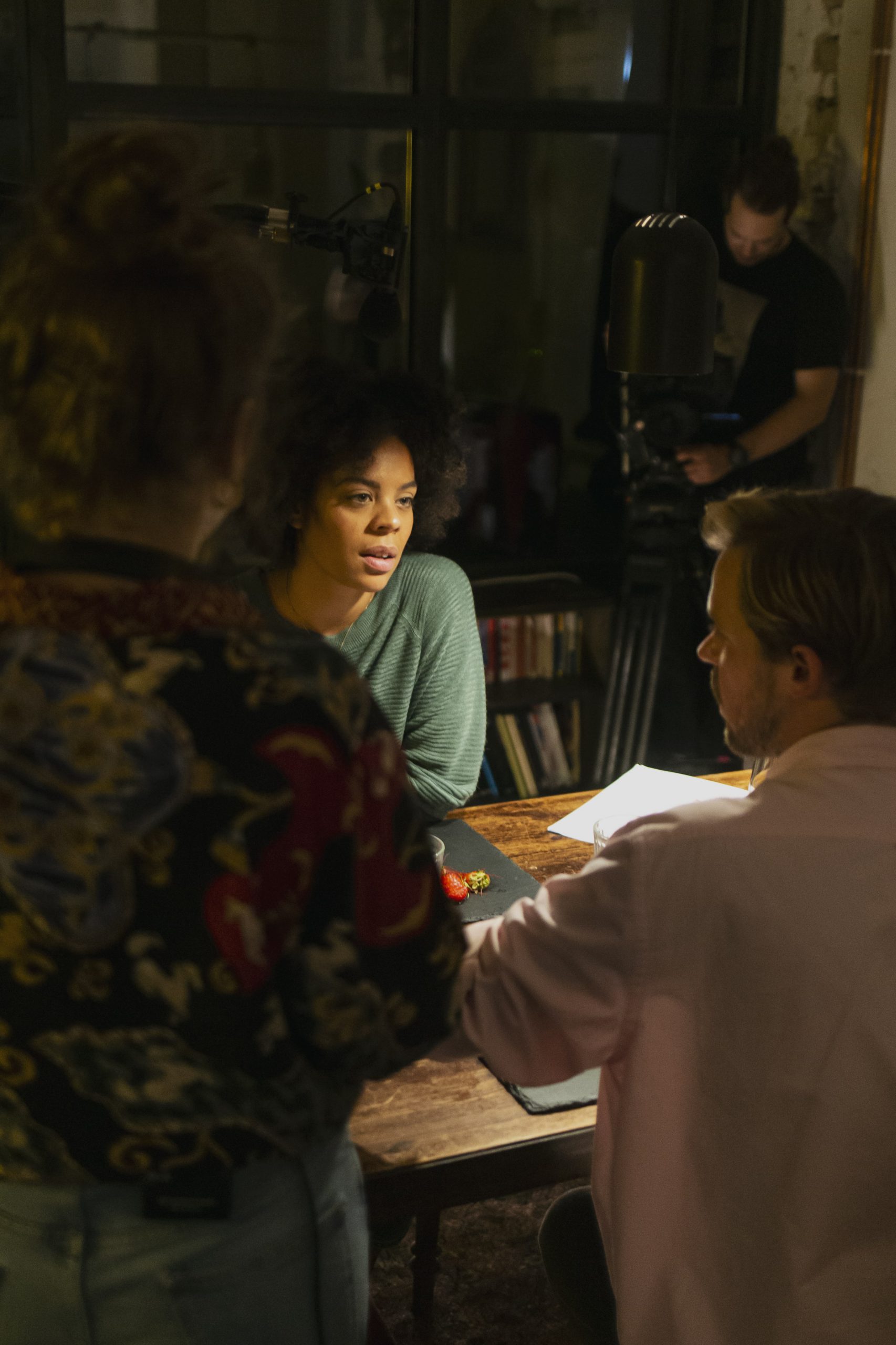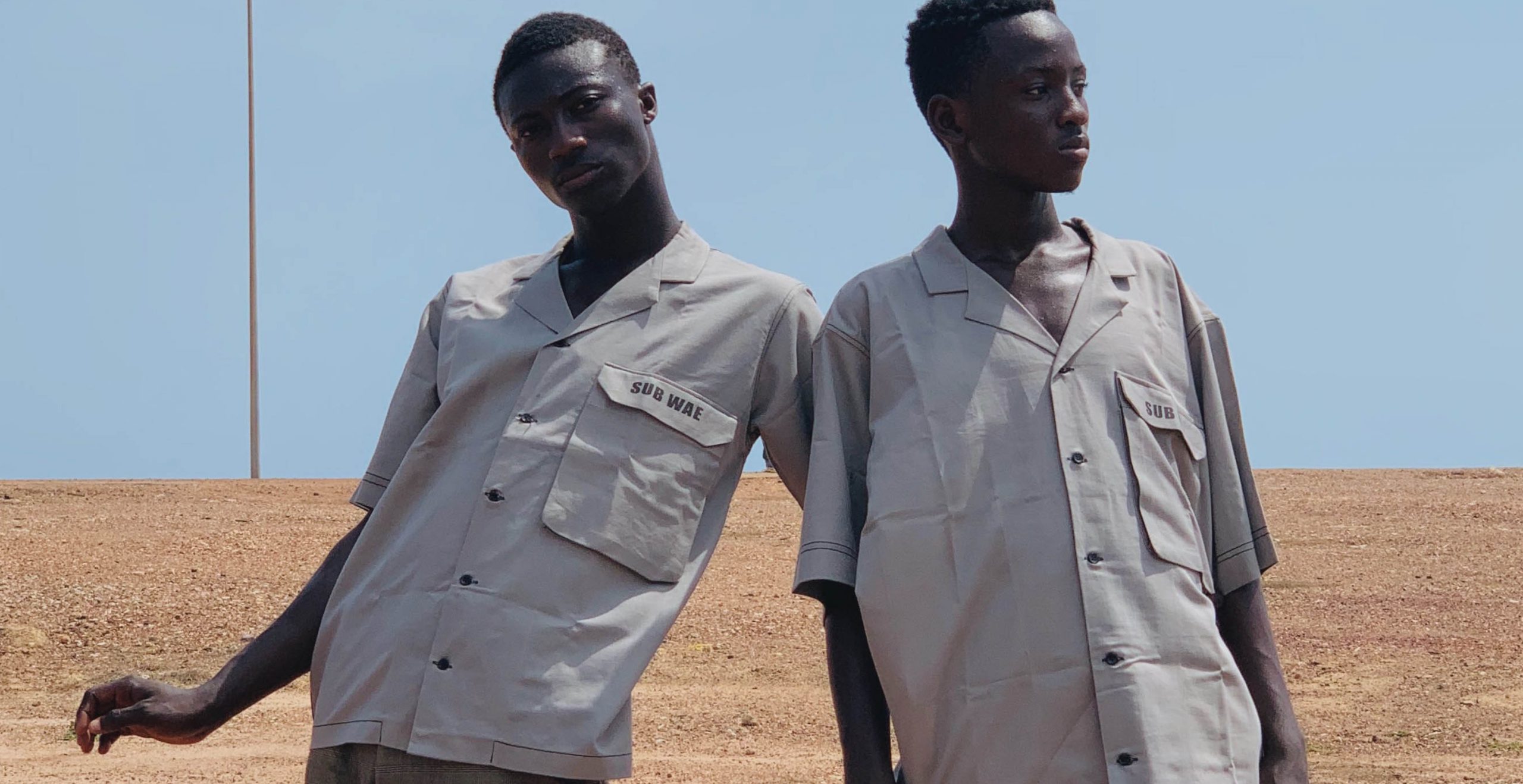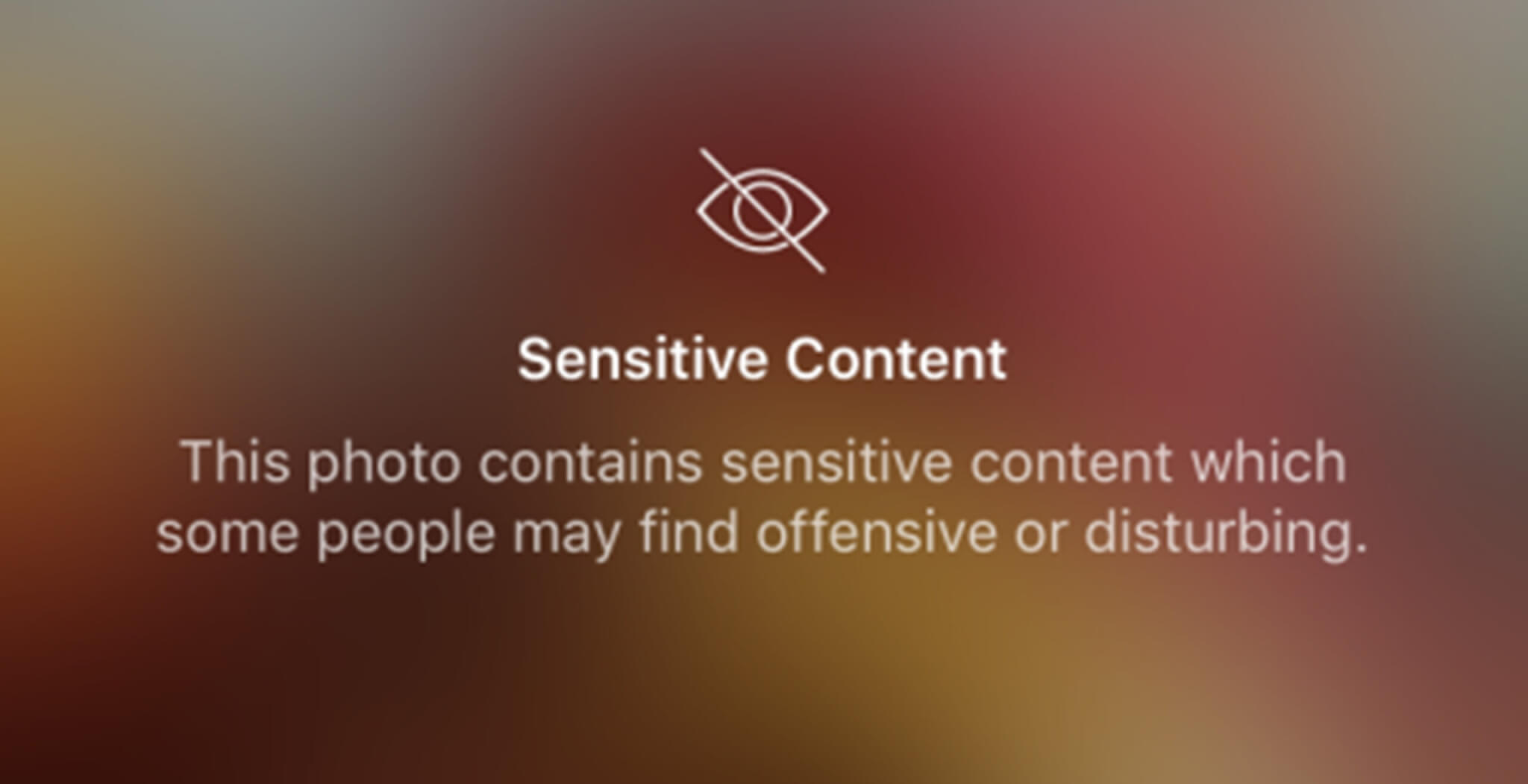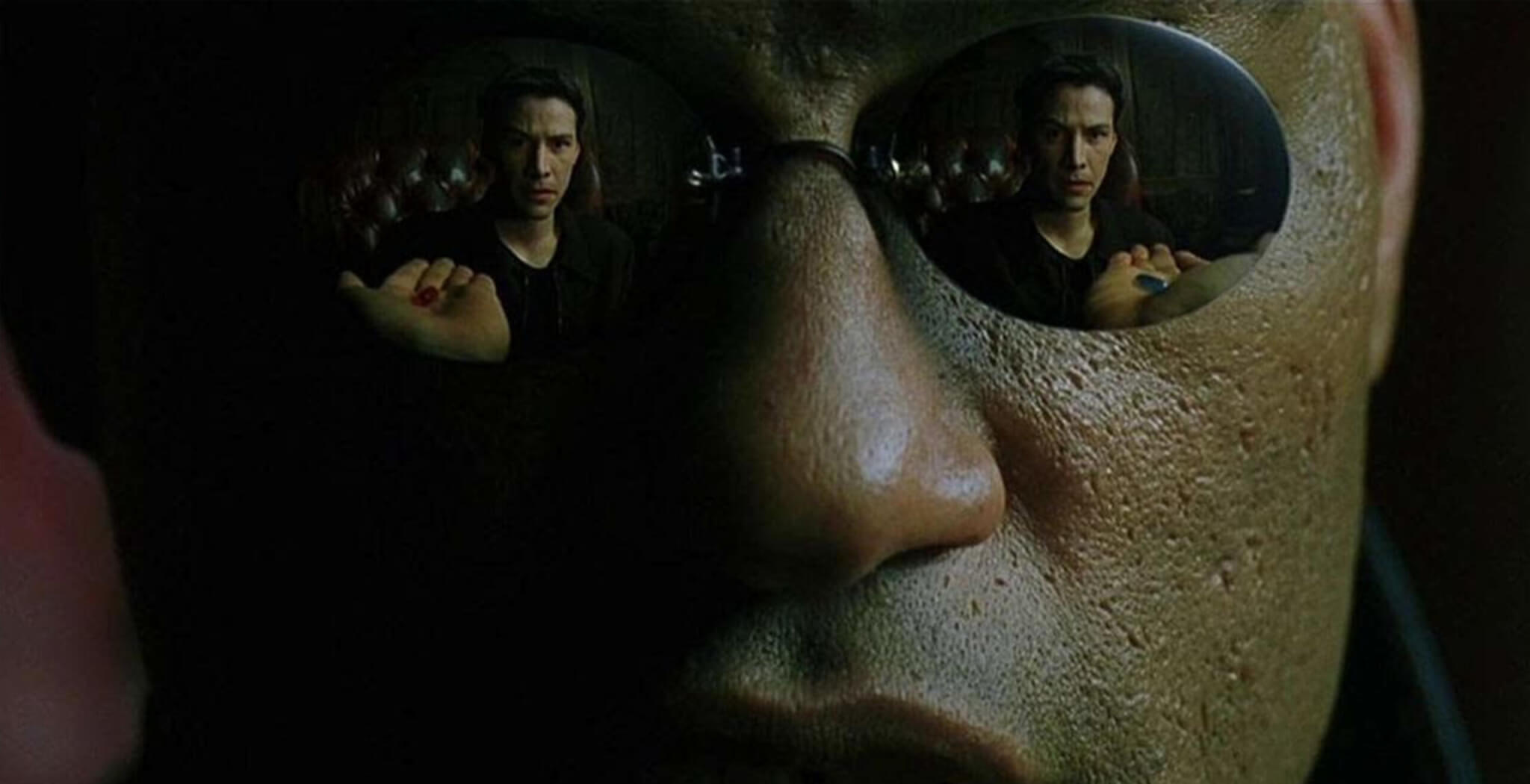OH SH*T! – A short film that breaks the taboo of talking about periods
Did you know that women can experience up to 450 periods during their lifetimes? It’s a significant number, highlighting the relevance of menstruation for women and those around them. However, it’s disheartening that periods and menstruation continue to be taboo topics worldwide, burdened with misconceptions and stigma.
To combat the negative associations of periods being labeled as dirty, impure, and unhygienic, young director Elsa van Damke has taken a bold step by creating a humorous yet thought-provoking short film. Her objective is to transform the representation of periods in advertisements and the media, breaking the silence around this topic. With the motto “Let’s talk about menstruation – at home, at work. Let’s see it in the movies,” Elsa van Damke aims to give periods the attention they deserve.
TITLE had the privilege of conducting a phone interview with Elsa, the director based in Berlin, to discuss her story, activism, the film, and life. Even before the interview, we were already inclined to support such a remarkable project. However, after speaking with the passionate and inspiring Elsa, we are convinced that fighting for a world that accepts periods is truly worthwhile.
About Elsa
Elsa van Damke, a 26-year-old student of audiovisual media and filmmaking at Beuth University of Applied Sciences, is currently immersed in her bachelor’s thesis on German cinema and the representation of menstruation by female filmmakers. Her compelling short film, “OH SH*T!,” created as part of her final assignment, stands as a testament to her dedication to period activism and the experiences of menstruating individuals. Keep an eye out for Elsa’s upcoming projects, including educational initiatives and more short films exploring the lives of women, periods, and relationships.
Elsa’s upbringing, guided by her mother, instilled in her a strong sense of altruism and political activism. Consequently, she decided to tackle important societal and political issues as soon as her interest in film and directing emerged. Despite the challenges faced by women in the film industry, Elsa’s tenacious spirit drives her to overcome obstacles with ease.

About OH SH*T!
Elsa’s second self-produced film, “OH SH*T!,” serves as a vital component of her university assignment. Unfortunately, due to equipment restrictions imposed by her university, the project could only involve Elsa as the director and Marvin as the cameraman, with the remaining team members sourced externally. The duo faced less-than-ideal conditions, including a limited budget. However, Elsa’s captivating and motivational energy rallied support from equipment lenders. Armed with cameras, a suitable location, and a talented cast, they managed to complete the film in just three days last August.
Unlike typical short films with a sudden revelation at the end, “OH SH*T!” presents a complete narrative resembling a three-act play. The film’s primary focus lies in finding a solution to the main character’s predicament. Before delving further into the film, take a moment to watch it yourself:
However you interpret the film, whether it evokes laughter or introspection about your own or your friends’ “oh shit” moments, Elsa’s intention is to portray Maggy’s story and the struggle of dealing with seemingly trivial dilemmas, which should not be such a big deal. Sadly, reality proves otherwise.
The film has received some negative feedback regarding its ending. However, the significance lies not in Fabian’s reaction, played by Jonas Lauenstein, if Maggy, portrayed by Jane Chirwa, had revealed the truth. In my opinion, the compelling inner monologue, skillfully acted and emphasized through the two off voices, highlights society’s perception of periods as a taboo topic. It also forces us to recognize that even women like Maggy, empowered, confident, and courageous, struggle to be open and honest in such situations. This is truly unfortunate. No one should feel that way, but unfortunately, these societal biases are deeply ingrained in our collective consciousness.

About menstruation activism
For the past year, Elsa has proudly embraced the role of a menstruation activist. Surprisingly, this may not be immediately apparent when you browse through her Instagram profile. At first glance, it appears to be a regular account. However, a closer look at her story highlights reveals the diverse range of topics she passionately discusses, including rape culture, body positivity, menstruation, and equality. Elsa sees this strategy not as a need for change but as an opportunity to raise awareness among all types of individuals.
The topic of influencers has sparked significant debate within the film industry, blurring the lines between directors, actors, and influencers themselves. Nevertheless, social media and the internet offer immense potential to spread positive messages and educate people on important matters. While there are already commendable efforts to challenge menstruation taboos through various formats, there is still room for improvement.
Menstruation activism holds great significance because countless menstruating individuals, and even those who don’t, grow up in environments where discussing periods or asking related questions leads to shame or punishment. Films like “OH SH*T!” play a crucial role in fighting for a world where periods are embraced without shame. The work of individuals like Elsa and her friend Franka Frei, who explores the political dimension of periods in her book and conducts workshops, is essential for creating an environment where women can openly ask for a tampon from a friend without hiding it in closed fists. It is also crucial for educating men and women about menstruation and the remarkable intricacies of the female cycle, which is an integral and extraordinary aspect of life.
To conclude, we hope you feel encouraged to discuss periods openly, anytime and anywhere you please. Ask questions, educate yourself and others, refrain from mockery or shaming. Let’s change the language and metaphors surrounding periods, share our stories, and challenge stereotypes. Together, let’s normalize menstruation once again.



























